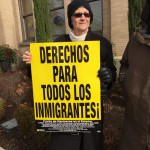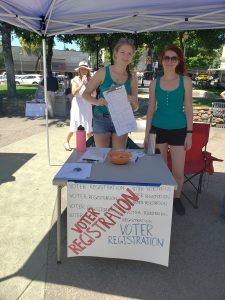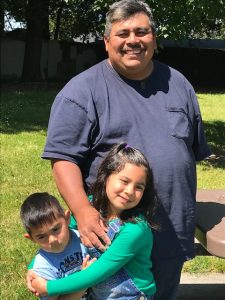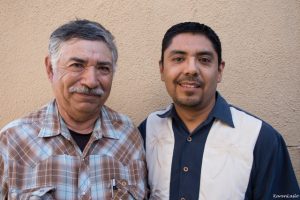posted Jan. 10
A film on the humanitarian crisis at the U.S.-Mexico border, produced by immigration crackdowns over the past couple of decades, will be shown in a free KIXE PBS film screening at 6 p.m. Jan. 20.
Readers can register here to gain access, watch “Missing in Brooks County” at home, and also participate in an online community conversation afterward that will feature several local panelists, including ChicoSol Editor Leslie Layton, who has covered immigration from the Mexican side of the border.
The film tells the moving story of Eddie Canales, who has assumed an unofficial role as a human rights detective assisting families hunting for missing loved ones in the punishing landscape of Brooks County in south Texas.





